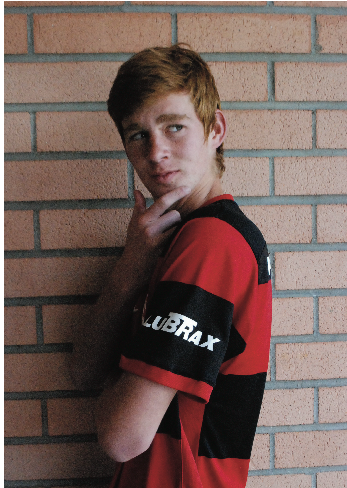ICON: The USADA’s doping charges against cyclist Lance Armstrong are only serving to destroy sports fans’ trust in their heroes.
By Isaiah Murtaugh, Sports Editor
Ever heard of Travis Tygart? I mean before the Armstrong doping scandal broke over the summer. The US Anti-Doping Agency (USADA) and CEO Tygart have benefitted enormously from the media circus surrounding the current most controversial figure in sports. Though Armstrong’s attempts to block USADA proceedings in federal courts failed, the judge on the case agreed in part that the USADA had less-than-noble motivation for prosecuting Armstrong.
“USADA’s conduct raises serious questions about whether its real interest in charging Armstrong is to combat doping, or if it is acting according to less noble motives, such as politics or publicity,” US district judge Sam Sparks stated.
Armstrong—cycling great, testicular cancer survivor and founder of the cancer research charity Livestrong—abandoned the fight against the USADA three days later, on August 23, in a public statement on his website: “There comes a point in every man’s life when he has to say, ‘Enough is enough.’ […] If I thought for one moment that by participating in USADA’s process, I could confront these allegations in a fair setting and—once and for all—put these charges to rest, I would jump at the chance. But I refuse to participate in a process that is so one-sided and unfair. […] From the beginning, however, this investigation has not been about learning the truth or cleaning up cycling, but about punishing me at all costs.”
Naturally, the USADA proceeded with their charges, and Armstrong was stripped of the achievements from 14 years of cycling competition, including all seven Tour de France titles, and banned from events sanctioned by the World Anti-Doping Agency, including the recent Chicago marathon, which Armstrong was going to run with a group of Livestrong runners.
From the beginning, the USADA’s prosecution of Armstrong has involved discrepancies, namely the lack of any failed drug tests—Armstrong passed hundreds during his career—and violation of their own rule that charges can only date eight years back. Their charges against Armstrong date to 1996, ten years past their own deadline. Most of their evidence is questionable testimony from cyclists who, when proved to be doping, pointed fingers at Armstrong as a doping compatriot. These include 2006 Tour de France champ Floyd Landis, stripped of his title when he was caught using testosterone on the tour (and who also recently went to court to pay back the donors he defrauded with the Floyd Fairness Fund, which he used to combat charges before he confessed in 2010), former U.S. Postal teammate Tyler Hamilton (who just released an exceptionally well-timed book on doping, in which he points several fingers at Armstrong, and which, thanks to the scandal, will probably sell spectacularly) as well as eight other former teammates.
I don’t know whether or not Armstrong used performance-enhancers, and we’ll never know for sure, but so what if he did. Armstrong is more than a cycling legend. He is a symbol to a nation of determination, willpower and perseverance, -both in his fight against cancer and in the Tour de France. In their money and power-grubbing witch hunt, the USADA and their “star witnesses” desecrated a national icon. The top of Armstrong’s twitter page still says that he is a seven-time Tour de France winner. I stand with him.

